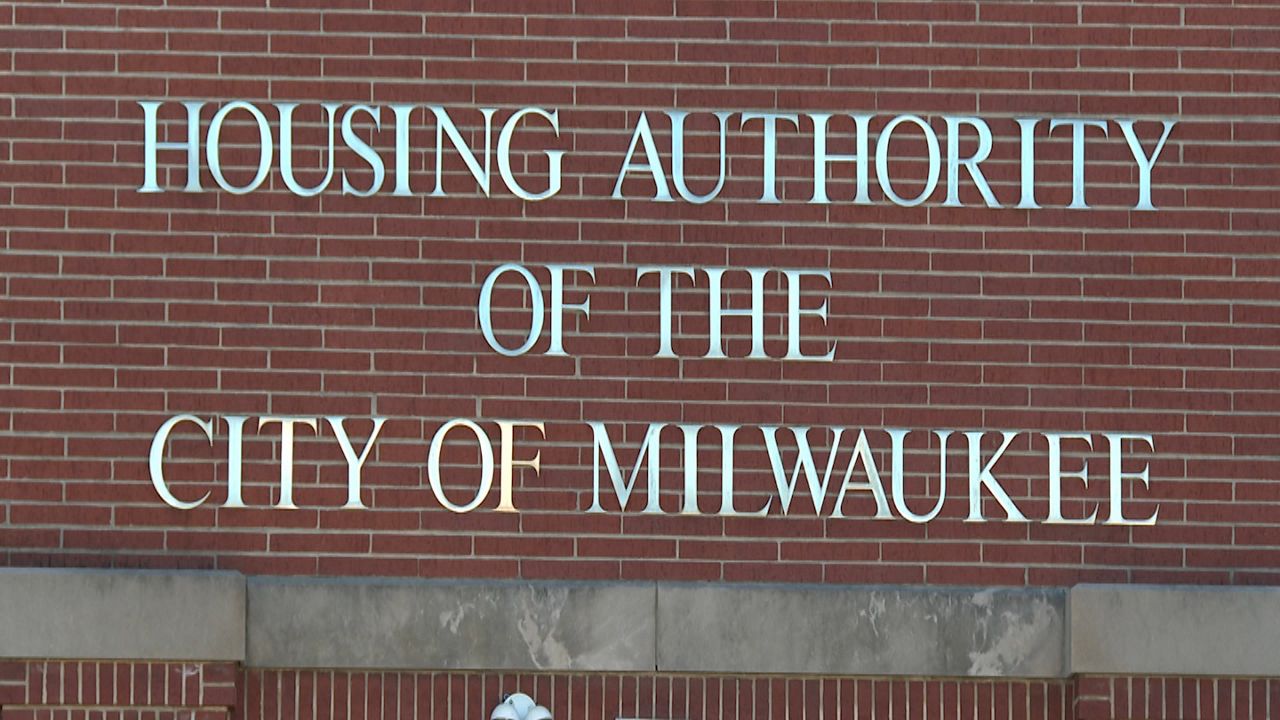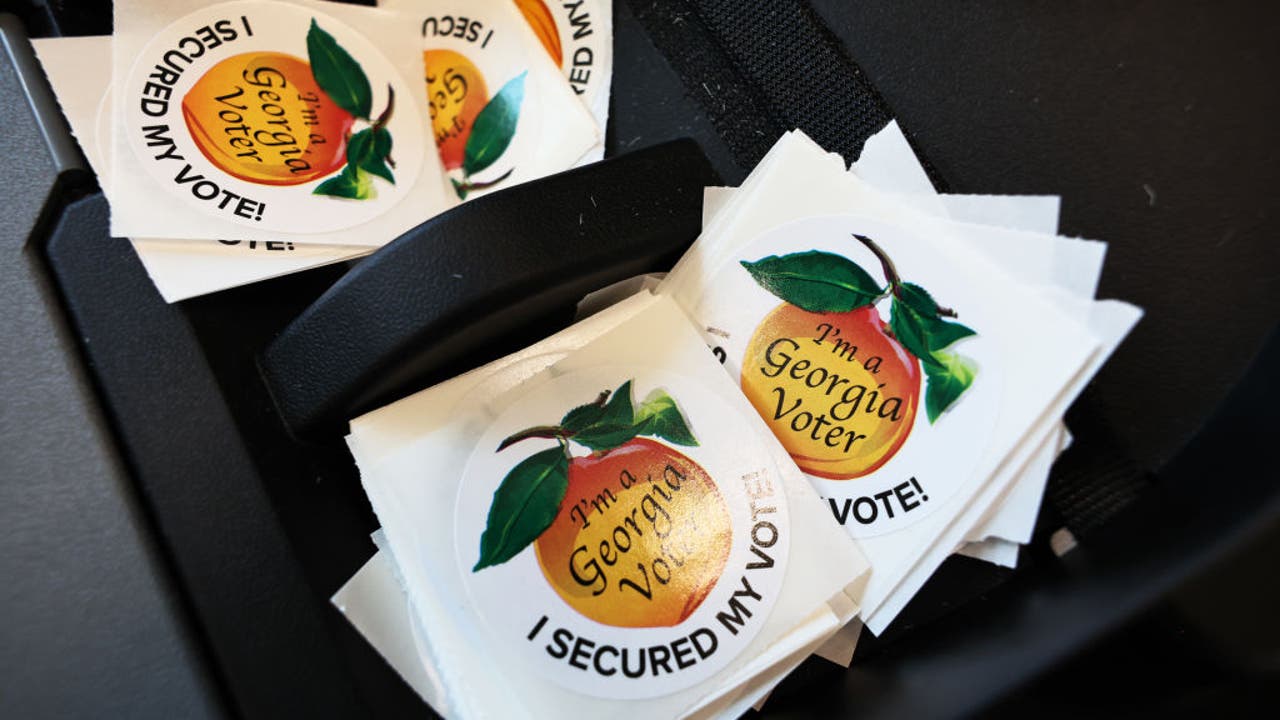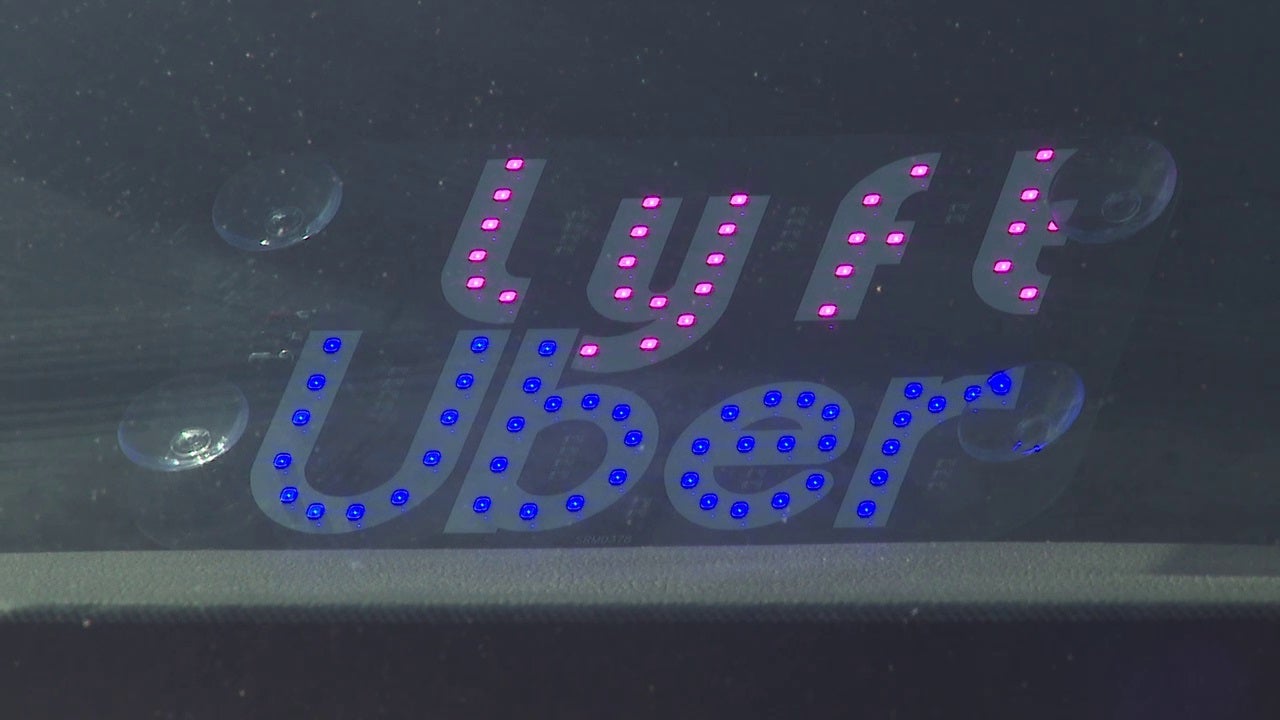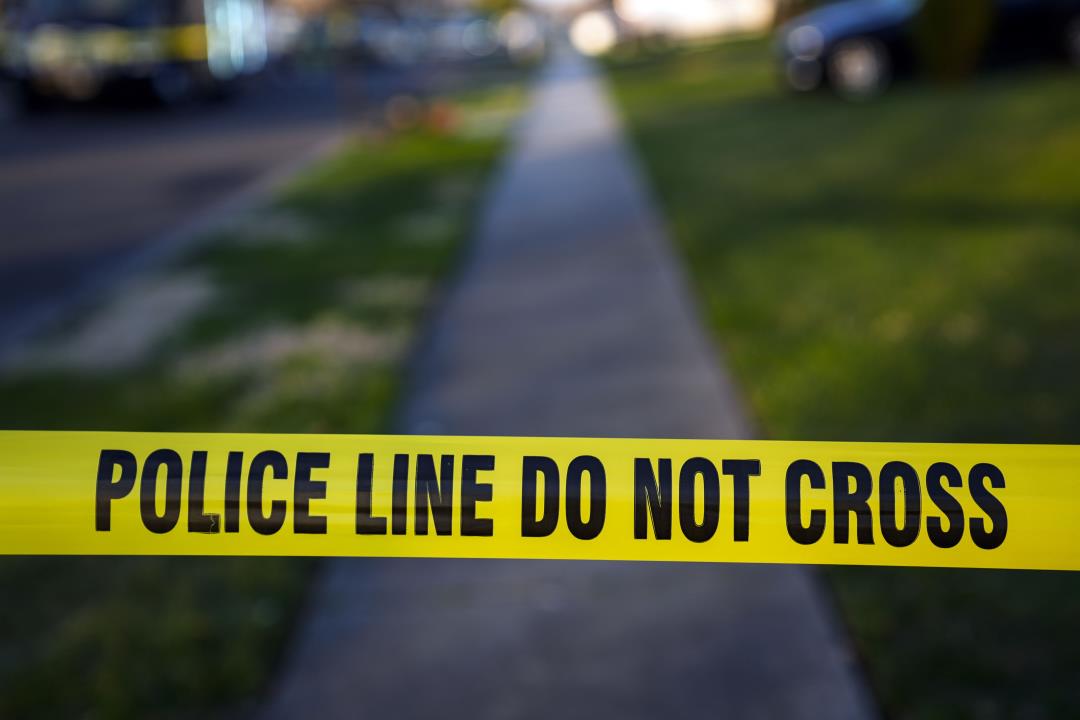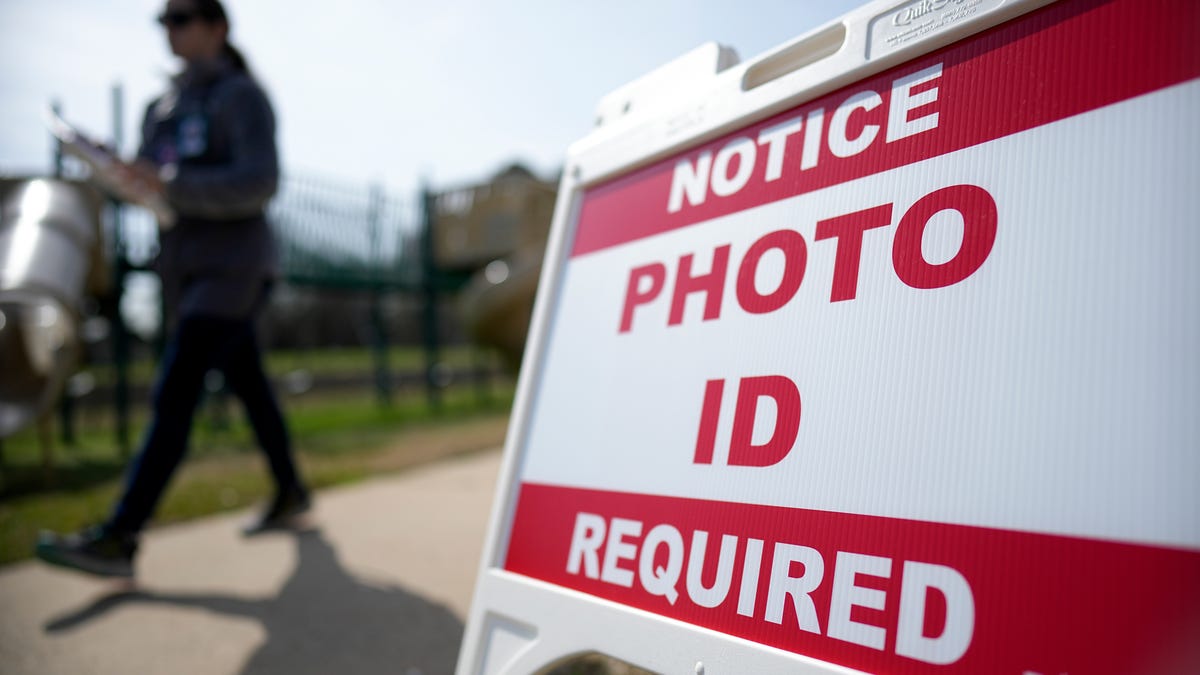Wisconsin
Wisconsin is the last state that may prosecute Trump’s fake electors, but AG Josh Kaul is mum
Video shows fake electors meeting in the Wisconsin Capitol
A newly released video shows the gathering of Wisconsin’s fake electors on Dec. 14, 2020, in the state Capitol.
Dane County Circuit Court records
After Arizona became the fourth state to bring charges against fake electors involved in the Trump campaign’s alleged scheme to overturn the 2020 presidential election Wednesday night, eyes turned to the three remaining states where the effort took place: New Mexico, Pennsylvania, and Wisconsin.
Officials in New Mexico and Pennsylvania have said they are unlikely to prosecute Trump allies who sent documents to then-Vice President Mike Pence purporting to certify Trump won the election in their state, because those fake electors placed certain limits on their claims. That leaves Wisconsin as the state most likely still to pursue charges.
Prosecutors had already filed charges in Michigan, Nevada, and Georgia. In Georgia, defendants include Trump himself, former White House Chief of Staff Mark Meadows and former New York City Mayor Rudy Giuliani. And Trump is facing federal charges in Washington, D.C. for conspiracy and obstruction related to the nationwide fake elector scheme. Trump has asked the Supreme Court to declare him immune from those charges.
The top law enforcement official in Wisconsin hasn’t tipped his hand on whether his office is investigating the issue at all, but he also hasn’t ruled out prosecution.
Gillian Drummond, a spokesperson for Wisconsin Attorney General Josh Kaul, a Democrat, said the department “does not confirm or deny the existence of an investigation, except in unique public safety circumstances” but that Kaul “believes that those who committed crimes in an effort to unlawfully subvert the outcome of an election should be held accountable.”
Wisconsin was key in the Trump campaign’s fake elector scheme
Ten Wisconsin Republicans signed a document falsely saying they were “the duly elected and qualified electors” for the state, that they had met in Madison, and all had voted for Trump. But they weren’t duly elected or qualified because voters in Wisconsin chose Biden by a margin of just under 21,000 votes.
The fake elector scheme was largely rooted in on a memo that came out of Wisconsin, where a recount in the close race was underway, according to the U.S. Department of Justice indictment of Trump. The memo advocated that a slate of Trump electors should meet and vote for him in case Trump won the recount.
The indictment said Trump’s campaign and others “took the Wisconsin memo and expanded it” to states that Trump said he was contesting, “even New Mexico, where the defendant had lost by more than ten percent of the popular vote.”
Biden won the recount, and Wisconsin’s governor, Democrat Tom Evers, declared Biden’s electors the legitimate ones from the state.
The fake electors wrote in their certificate that they met and voted for Trump on Dec. 14, 2020, the same day that the state supreme court rejected the Trump campaign’s legal challenge. State officials continued rejecting the false claim that Trump won Wisconsin.
While the 10 Wisconsin fake electors have not faced criminal charges, two of the legitimate electors from 2020 sued them along with two lawyers, Jim Troupis and Kenneth Chesebro, involved in the scheme. The Republicans settled the case.
“This is a scheme to overturn the election that was launched here in Wisconsin and then metastisized to those other six states,” said Jeff Mandel, a lawyer with the left-leaning group Law Forward, which represented the legitimate electors. He called Troupis and Chesebro “the linchpins of the scheme for the whole nation.”
Electors in Pennsylvania and New Mexico unlikely to face charges
In Pennsylvania and New Mexico, the fake electors didn’t claim to be the real electors, only the electors whose votes should be counted if Trump succeeded in getting their states to reverse his loss − an important legal caveat.
Pennsylvania’s Trump electors wrote that their votes for Trump should only be counted “if, as the result of final non-appealable court order or other proceeding prescribed by law, we are ultimately recognized as being the duly elected and qualified electors.”
That language represented a watering-down of the original fake electors scheme that Trump’s campaign sought, and was something the campaign didn’t want catching on with other states, according to the Department of Justice’s indictment of Trump for his efforts to overturn the election.
“Though their rhetoric and policy were intentionally misleading and purposefully damaging to our democracy, based on our initial review, our office does not believe this meets the legal standards for forgery,” the office of then-Attorney General Josh Shapiro wrote in a statement to Lancaster Online. Shapiro, a Democrat, is now the governor.
Likewise, New Mexico’s Trump electors wrote that their filing was prepared “on the understanding that it might later be determined that we are the duly and elected qualified electors.”
The office New Mexico Attorney General Raúl Torrez performed an investigation but said the conditional language “prevents the filing of criminal charges.” Instead, Torrez, a Democrat, asked the state legislature to pass new laws safeguarding the state’s elections.
Charges in Arizona, Georgia, Michigan and Nevada range from forgery to racketeering
The grand jury in Georgia handed down the most sweeping and serious case involving the fake elector scheme. The case charged 19 people — including Trump, Meadows and Giuliani — in a racketeering case under a law usually reserved for Mafia bosses.
The Arizona grand jury charged 18 people — including 11 fake electors, Meadows and Giuliani — with crimes including conspiracy and forgery. The indictment lists Trump as an unindicted co-conspirator.
Michigan Attorney General Dana Nessel, a Democrat, charged 16 people with counts that included conspiracy to commit forgery and publishing a false record. The indictment named Trump as an unindicted co-conspirator.
In Nevada, a grand jury indicted six fake Trump electors, several of whom were state Republican officials.

Wisconsin
Why isn't Wisconsin car registration cost based on miles driven?

Reading Time: 2 minutes
Wisconsin funds its state transportation system mostly through a gas tax and various vehicle registration fees. Democratic Gov. Tony Evers vetoed a proposal to study a mileage-based fee system in 2019, but national efforts are underway to expand such systems as vehicles become more fuel-efficient.
Wisconsin charges $85 to register an automobile with the state, with certain larger vehicles — tractors, trucks, buses — costing more.
It costs an extra $75 to register a hybrid vehicle and $175 to register an electric vehicle, an amount that increased $75 in the most recent state budget. Hybrid and electric vehicle owners pay more to make up for losses in gas tax revenue.
Certain municipalities and counties also assess additional “wheel taxes.” In Madison, for example, in addition to the $85 state fee, residents must pay a $40 registration fee to the city and another $28 to Dane County.
Wisconsin’s main source of road funding is the gas tax, currently 31 cents per gallon, which accounts for 45% of funding. The vehicle registration fees cover 30%.
In the 2019-21 budget the Republican-controlled Legislature approved spending $2.5 million for the Department of Transportation to study mileage-based vehicle registration fees. But Evers vetoed it because he objected “to the financing of another study that will show, yet again, that the motor fuel tax is the most effective way to approximate a user fee of roadway use and the most cost-effective way to collect revenue.”
The 2021 federal Infrastructure Investment and Jobs Act included $75 million for state and local grants to pilot mileage-based vehicle registration programs. The latest round of grant applications is due May 27.
The state Department of Transportation did not respond to questions about whether it plans to apply for the pilot. Evers’ office noted the last three budgets have taken multiple steps to increase road funding, including most recently dedicating $800 million for road projects and moving the amount of electric vehicle sales tax revenue from the state’s general fund to the transportation fund.
Other U.S. states assess vehicle registration fees in a variety of ways. Some charge based on the type of vehicle. Others charge based on the vehicle’s weight. In some places, registration costs change as a vehicle gets older.
Last year Hawaii became the first state to adopt a mandatory mileage-based registration fee system. The state already requires annual vehicle inspections, and now electric vehicle owners must switch from set fees to a mileage-based system by mid-2028. Other vehicles will be required to do so by the end of 2033.
Oregon, Utah and Virginia have an opt-in mileage-based system primarily for electric vehicles, and Connecticut has a program for trucks, according to Barbara Rohde, executive director of the Mileage-Based User Fee Alliance, of which the Wisconsin DOT is a member.
“There’s interest in Wisconsin,” Rohde said based on feedback she got from a panel discussion in Madison last year. “The gas mileage in all the vehicles that we’re driving are getting so much better fuel efficiency and that has an impact. … I’m hopeful that Wisconsin will be really a part of a real trajectory in the Midwest to look at this.”
Wisconsin Watch readers have submitted questions to our statehouse team, and we’ll answer them in our series, Ask Wisconsin Watch. Have a question about state government? Ask it here.
Wisconsin
Ask Jeff Potrykus your question about Wisconsin Badgers football
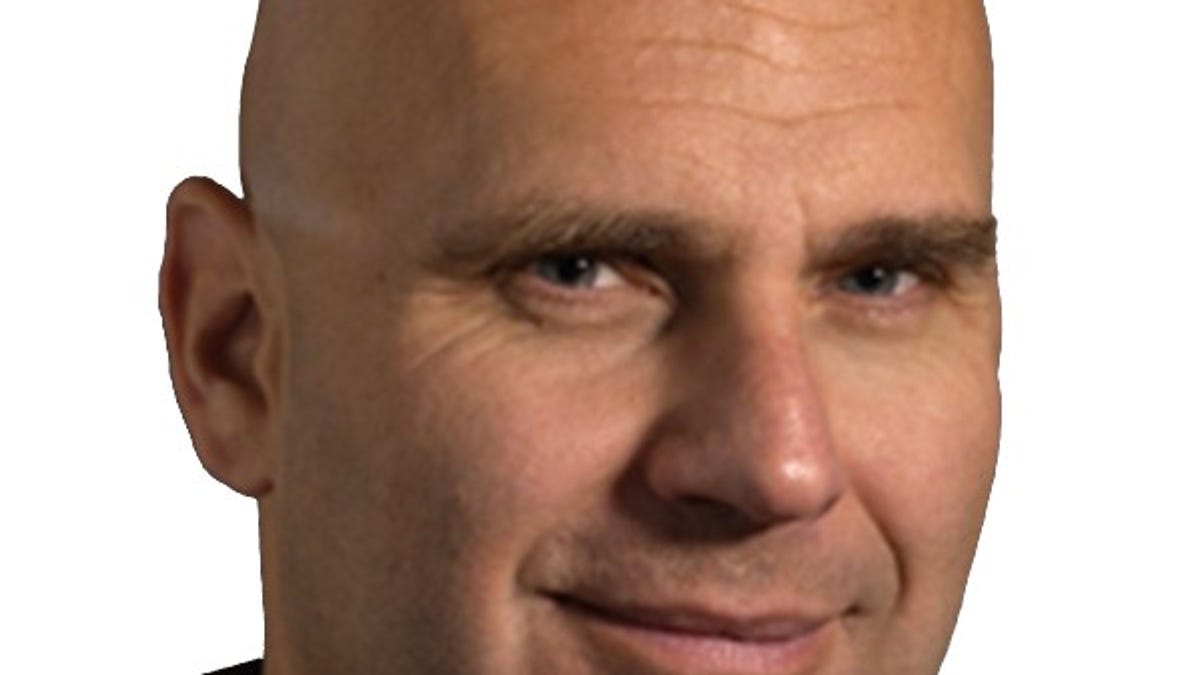
Wisconsin football’s Luke Fickell assesses state of team after spring
Luke Fickell discussed the state of the Wisconsin football program after the 15th and final practice of the spring Thursday morning.
Have questions about the University of Wisconsin football team now that spring practice is over? Jeff Potrykus is ready to answer them.
You can submit your questions in the form below and Jeff will answer them in a roundup that will publish later in the week.
Wisconsin
Two Illinois men arrested after police chase stolen car into Wisconsin
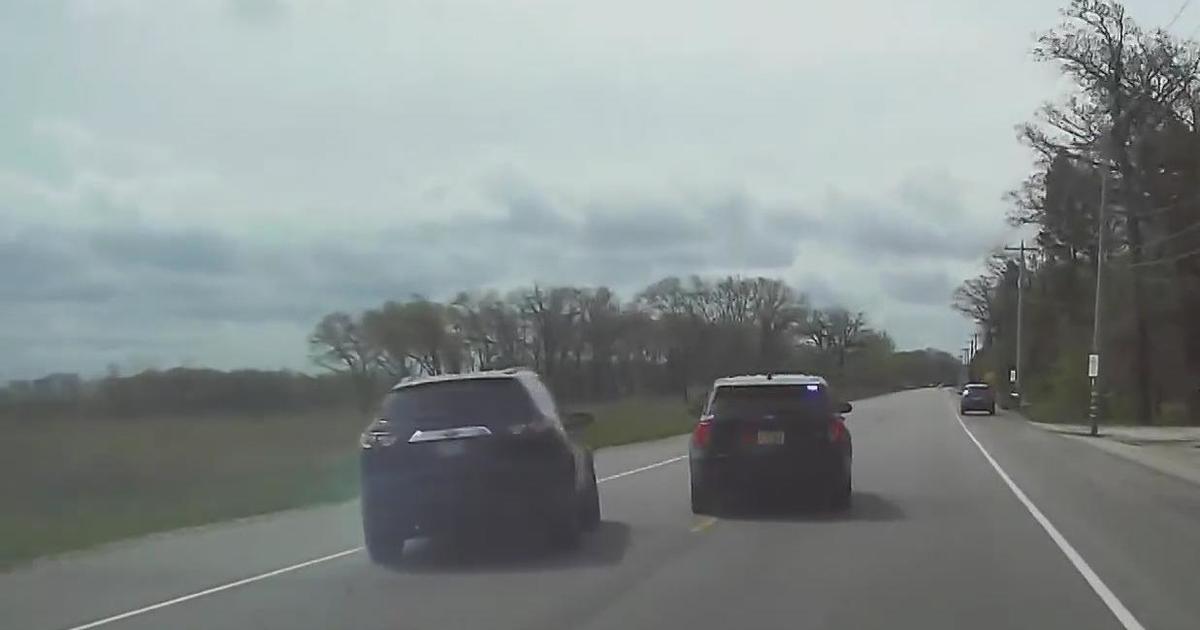
PLEASANT PRAIRIE, Wis. (CBS) — Two men from Illinois are in custody after a wild chase Monday in Pleasant Prairie, Wisconsin.
Video from a police dashboard camera shows the chase. Officers used stop sticks twice to deflate the tires on the car, which was stolen in Lake County, Illinois.
But that did not put an end to the chase. It took additional squad cars to slow the driver down.
He eventually hit a squad car, lost control, and crashed into a tree, police say.
Officers arrested the driver and a passenger who was wanted on a separate warrant. Both were taken into custody and face several charges.
-

 News1 week ago
News1 week agoBoth sides prepare as Florida's six-week abortion ban is set to take effect Wednesday
-

 Politics1 week ago
Politics1 week agoColumbia University’s policy-making senate votes for resolution calling to investigate school’s leadership
-

 Politics1 week ago
Politics1 week agoGOP Rep. Bill Posey won't seek re-election, endorses former Florida Senate President as replacement
-

 World1 week ago
World1 week agoBrussels, my love? MEPs check out of Strasbourg after 5 eventful years
-

 World1 week ago
World1 week agoRussian forces gained partial control of Donetsk's Ocheretyne town
-

 Politics1 week ago
Politics1 week agoHouse Republicans brace for spring legislative sprint with one less GOP vote
-

 World1 week ago
World1 week agoAt least four dead in US after dozens of tornadoes rip through Oklahoma
-

 Politics1 week ago
Politics1 week agoAnti-Trump DA's no-show at debate leaves challenger facing off against empty podium
